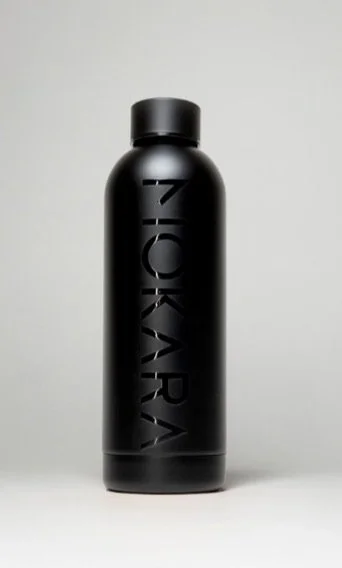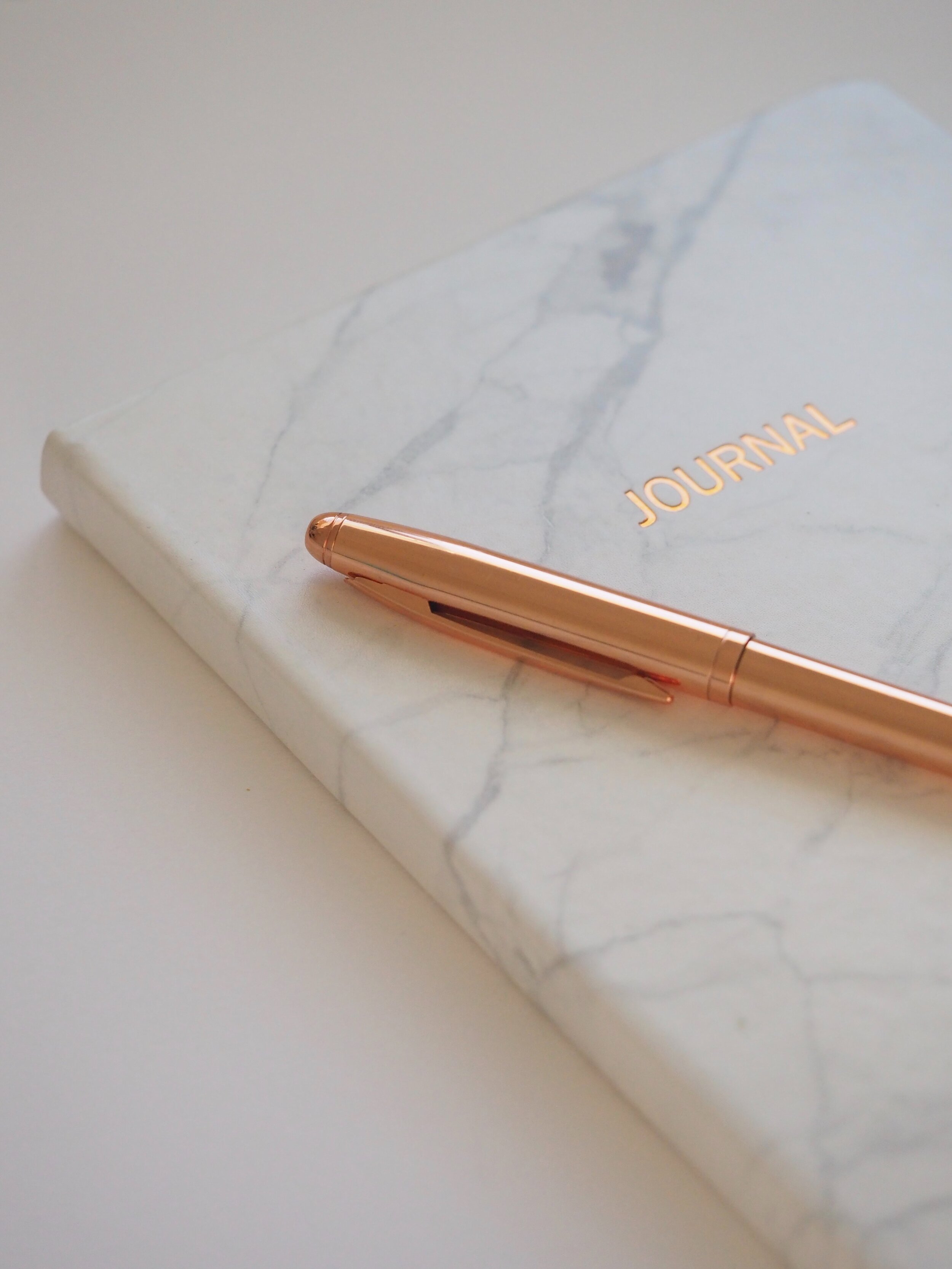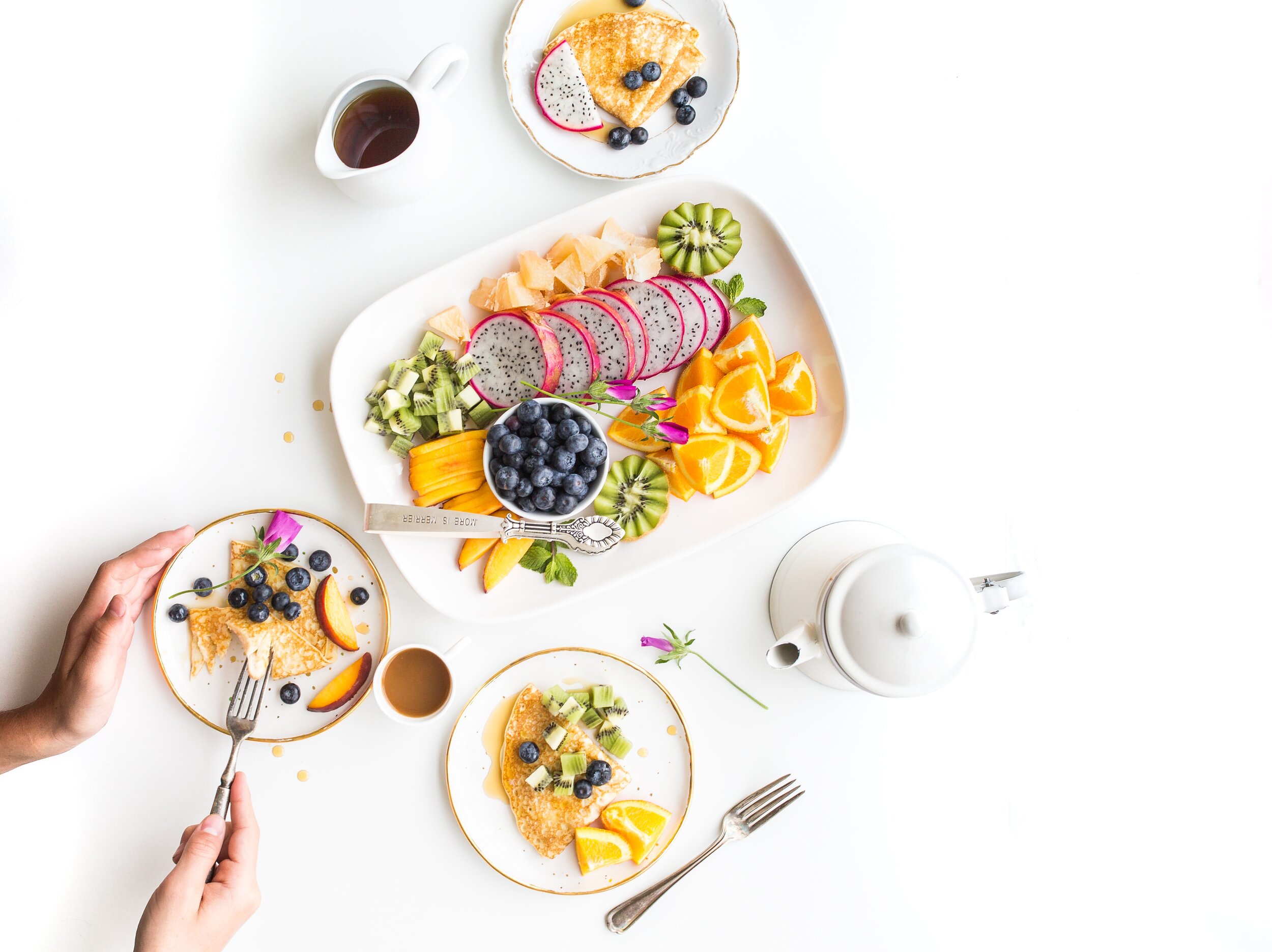How To Naturally Reduce Anxiety
The past two years we have been living through have been characterised by uncertainty, leading us to feel more and more anxious. Anxiety can at times be helpful as it makes us aware of danger and thus, helps us understand what risks we may be facing. Anxiety can also motivate us to keep going, helping us to meet deadlines.
However, anxiety can become a daily struggle that will inevitably impact our quality of life negatively. Read on to discover some helpful tricks that can help you to naturally alleviate and combat anxiety.
CUT OUT CAFFEINE AND ALCOHOL
As we all know, caffeine keeps us awake and fuels us in the morning. However, caffeine can cause anxiety, worsen panic attacks and raise our heart beat. Eliminating caffeine can reduce anxiety levels and improve sleeping patterns. According to the American Academy of Sleep Medicine, caffeine stays in your body from eight to fourteen hours, stressing your adrenals glands that regulate stress hormones: adrenaline and cortisol. Therefore, try to limit or quit caffeine, especially if you have trouble sleeping at night.
Alcohol can also alter your anxiety levels. Whilst a glass of red wine at dinner can help you calm down and act as a natural sedative, more glasses and more drinks can negatively alter your sleep. Try reducing and eliminating both for two weeks and notice how different you will feel.
EXERCISE REGULARLY
Long-term and regular exercise triggers the release of the “feel-good” neuro chemicals also known as “endorphins” in the brain, improving your mood. Exercising lowers stress hormones allowing your mind to recover from over worrying and thinking, quieting the mental chatter going on in your brain, while simultaneously improving your sleep quality, allowing you to perform and feel better. Try to exercise for at least 30 minutes from 3 to 5 times a week to witness the positive effects that moving your body frequently have on your mental and physical health.
GET more quality SLEEP
Insomnia, not only is a common symptom of anxiety, but it is also one of its main causes. According to a study from the University of California, lack of sleep could trigger the same brain mechanisms that make us sensitive to anxiety. Try to prioritise sleep by avoiding using smartphones and tablets in bed just before sleeping, limiting caffeine-based drinks and avoiding large and heavy meals right before bedtime. Also, remember to keep your room dark and cool and to go to your bed only when you are actually feeling tired and sleepy.
TREAT YOURSELF
When we feel anxious, we tend to break down and lose motivation, to feel lonely and lost. If you are anxious, your mind and body are telling you something, so take some time to relax and treat yourself. You could consider booking a spa massage, a getaway weekend to unwind your mind, meet your friends in your beloved brunch place, enjoy a movie night while savouring your favorite thai delivery, or buying your favorite and long wanted activewear outfits.
JOURNAL BEFORE BEDTIME
Keeping a journal can help you relieve stress and anxiety. When journaling, make sure to write down all of your worries. By doing so, you will help your mind to declutter and empty itself from feelings of fear. In fact, a daily self-reflection before bedtime is a great way to let go of the stress accumulated during the day, freeing yourself from any tension going on in your mind and body that can prevent you from being calm and happy.
Simultaneously, start practicing gratitude, focusing on all of the positive aspects of your life. Every night before going to sleep write down three aspects of your day that made you happy. It could be anything from your walk in the park, to your favorite iced tea, to your new reading book. People that continue to seek good and positive things in life are more prone to become increasingly optimistic and positive, decreasing feelings of worry and agitation.
PRACTICE DEEP BREATHING
yogawithadriene.com
Fast breathing is common when anxiety arises, and it may lead to having a faster heart rate, symptoms of dizziness, nausea and light-headedness. The deliberate process of breathing slowly and deeply can help to restore normal breathing patterns. Deep belly breathing helps to decrease anxiety by stimulating the brain’s relaxation response, lowering heart rate and blood pressure. Whenever you feel like your anxiety is spiralling, try this technique: inhale deeply for 4 counts, hold your breath for 4 counts, and exhale for 4 counts. Repeat the sequence a few times.
TAKE A YOGA CLASS
All yoga styles share the common goal of uniting the mind and body by increasing body and breath awareness. The benefit of yoga for stress and anxiety is related to the positive effects that it has on the nervous system and the body’s stress response.
Yoga can help lower cortisol levels, blood pressure and heart rate and increase gamma-aminobutyric acid, a neurotransmitter that is lowered in mood disorders.
FOLLOW A HEALTHY DIET
Low blood sugar levels, dehydration or chemicals in processed foods can mess around with some people’s mood. Stay hydrated, eliminate processed foods, and eat a healthy diet rich in complex carbohydrates, fruits and vegetables, and lean proteins. Include both probiotics (yogurt, kefir, sauerkraut, kimchi) and prebiotics (garlic, onion, leeks, peas, avocado, asparagus, artichokes) in your diet to lower cortisol levels and introduce more good bacteria in your digestive system.
Start your day with a protein-rich breakfast to keep your blood sugar levels steady and snack on nuts throughout the day to make sure to keep anxious thoughts at bay.
MEDITATE AND TRY AROMATHERAPY
Meditation is great for a calm mind and body. Meditation is recommended to relieve stress and anxiety levels. Try to meditate at least 15 minutes per day, either in the morning or in the evening, and see how you feel after two weeks. Add fragrant essential oils during your practice to enhance and promote better relaxation.
Aromatherapy has proved to promote well-being, reducing heart rate and blood pressure. The best aromas to reduce anxiety are: lavender, grapefruit, clary sage and bergamot. Aromatherapy oils can be added to a warm bath, a home diffuser, or can be found in candles.
SPEND TIME WITH FRIENDS AND FAMILY
Being part of a network of friends gives you a sense of belonging and self-worth, which can help you through rough times. Depending on what part of the world you find yourself in at the moment, make sure to keep in touch with your loved ones and with people that make you feel good, and most of all, at home.


















